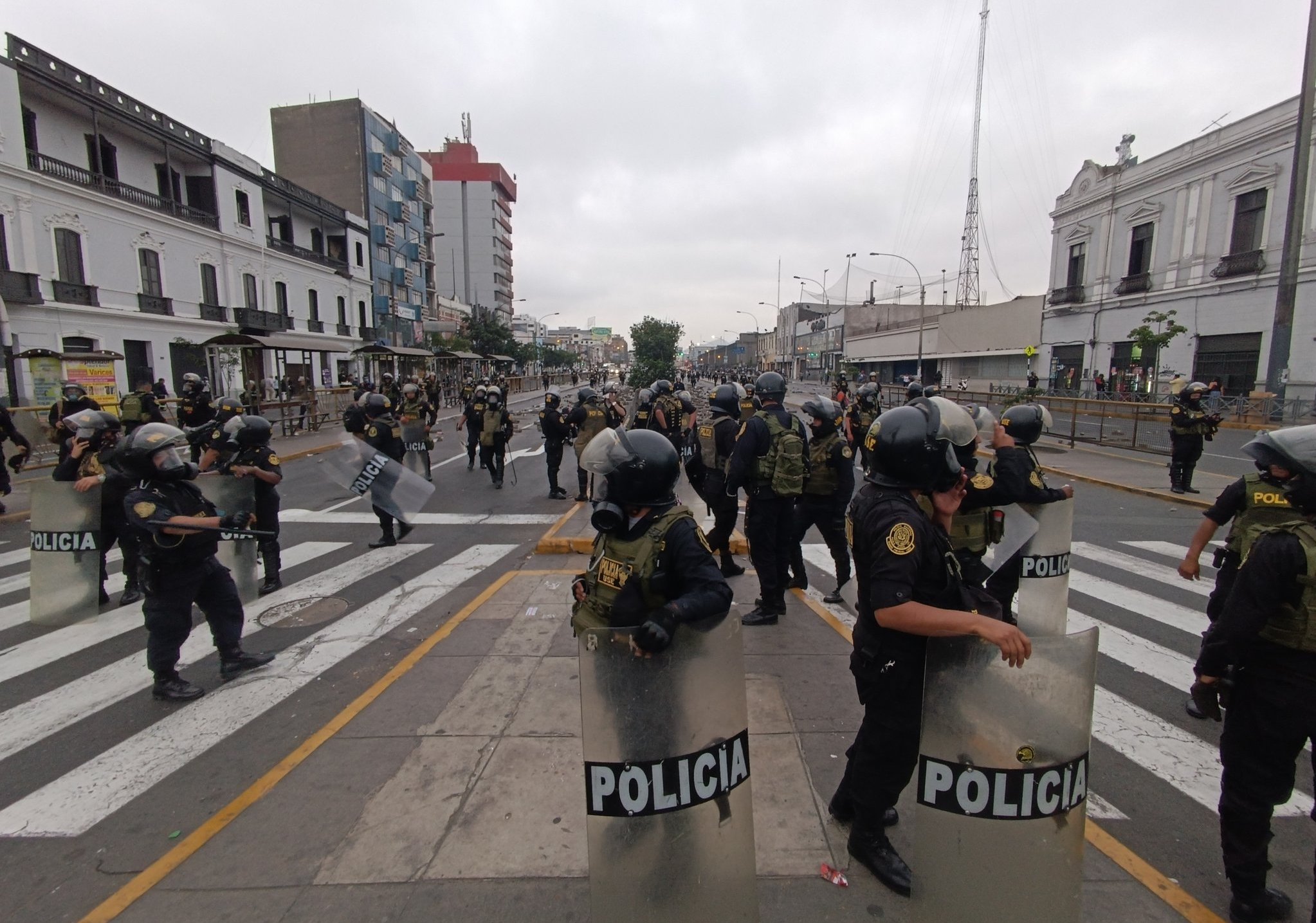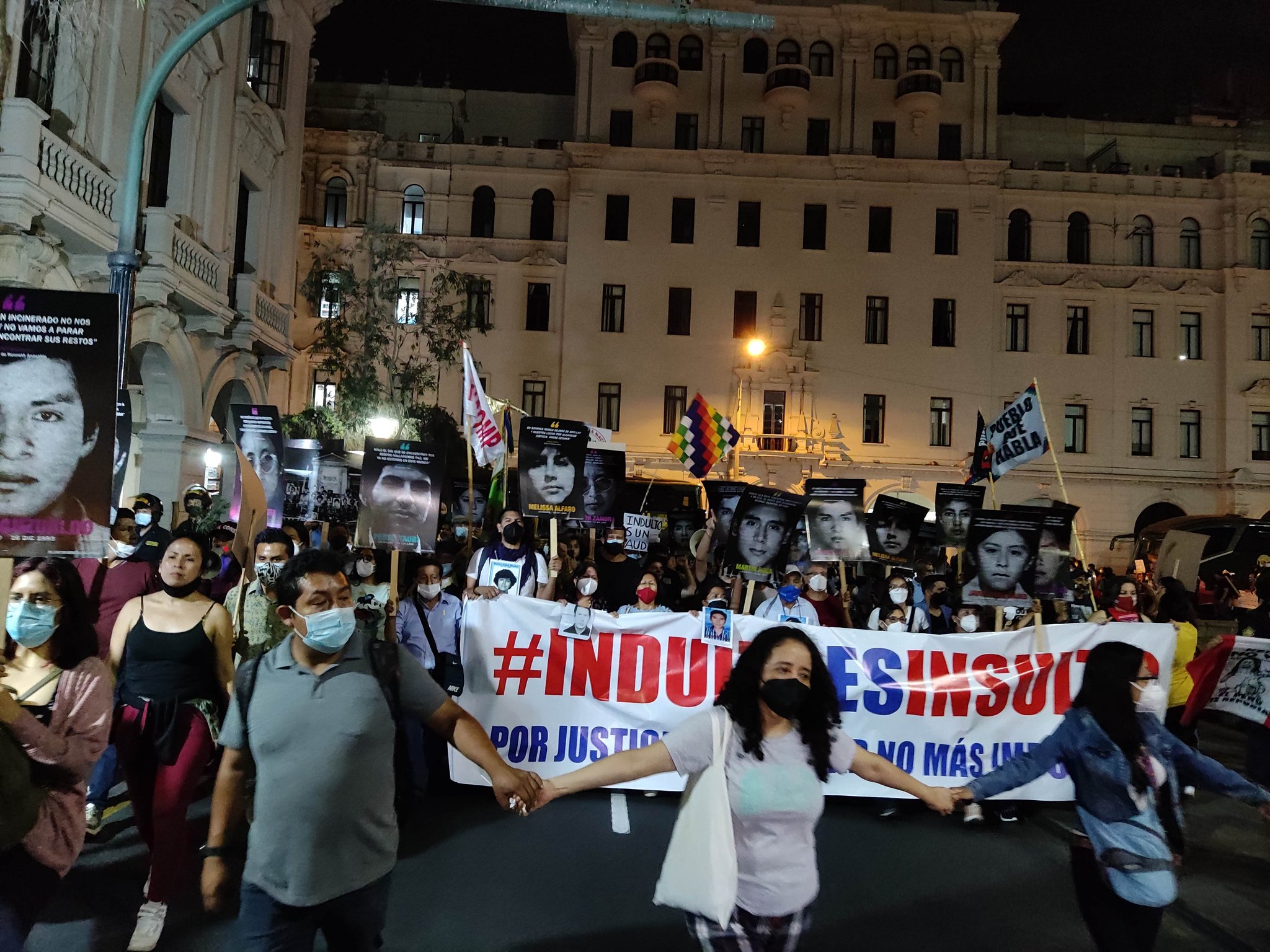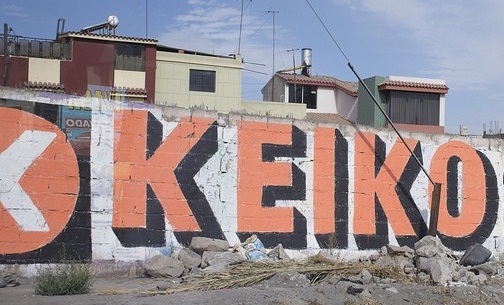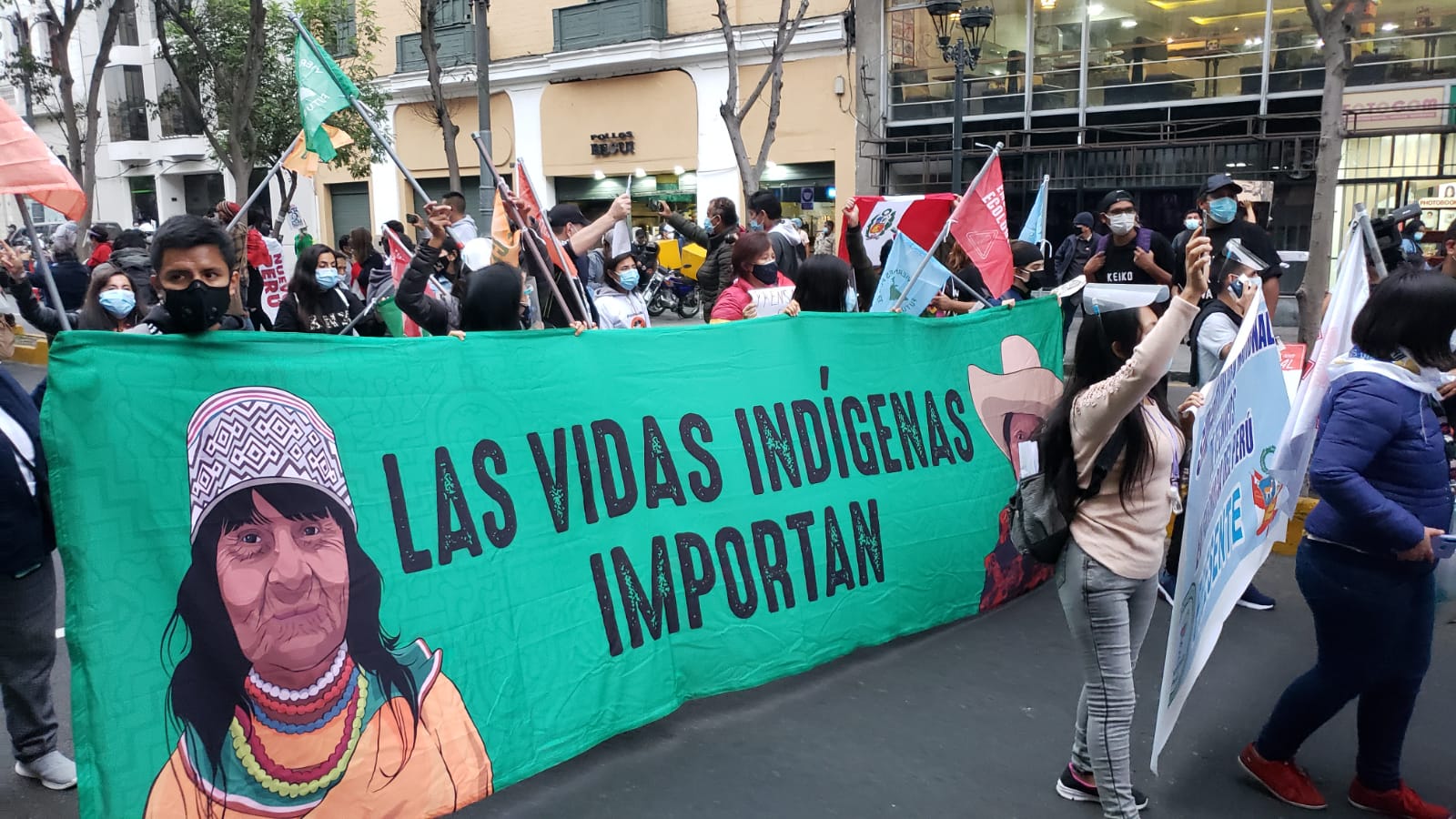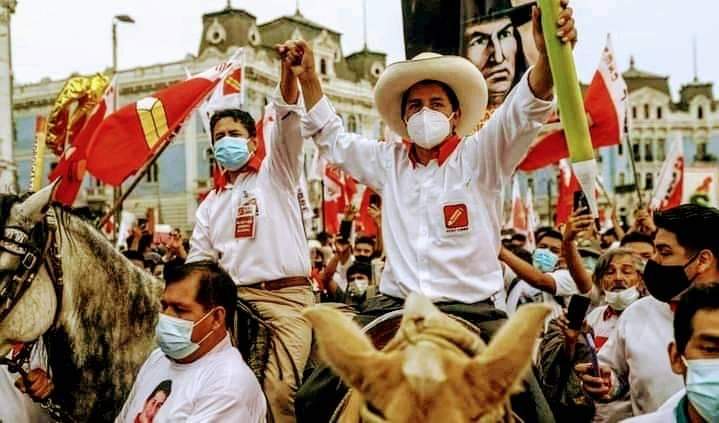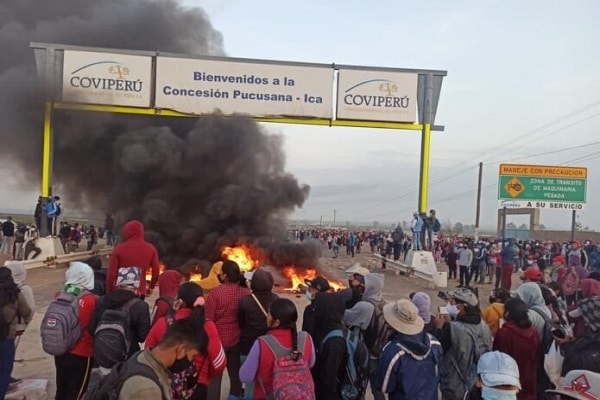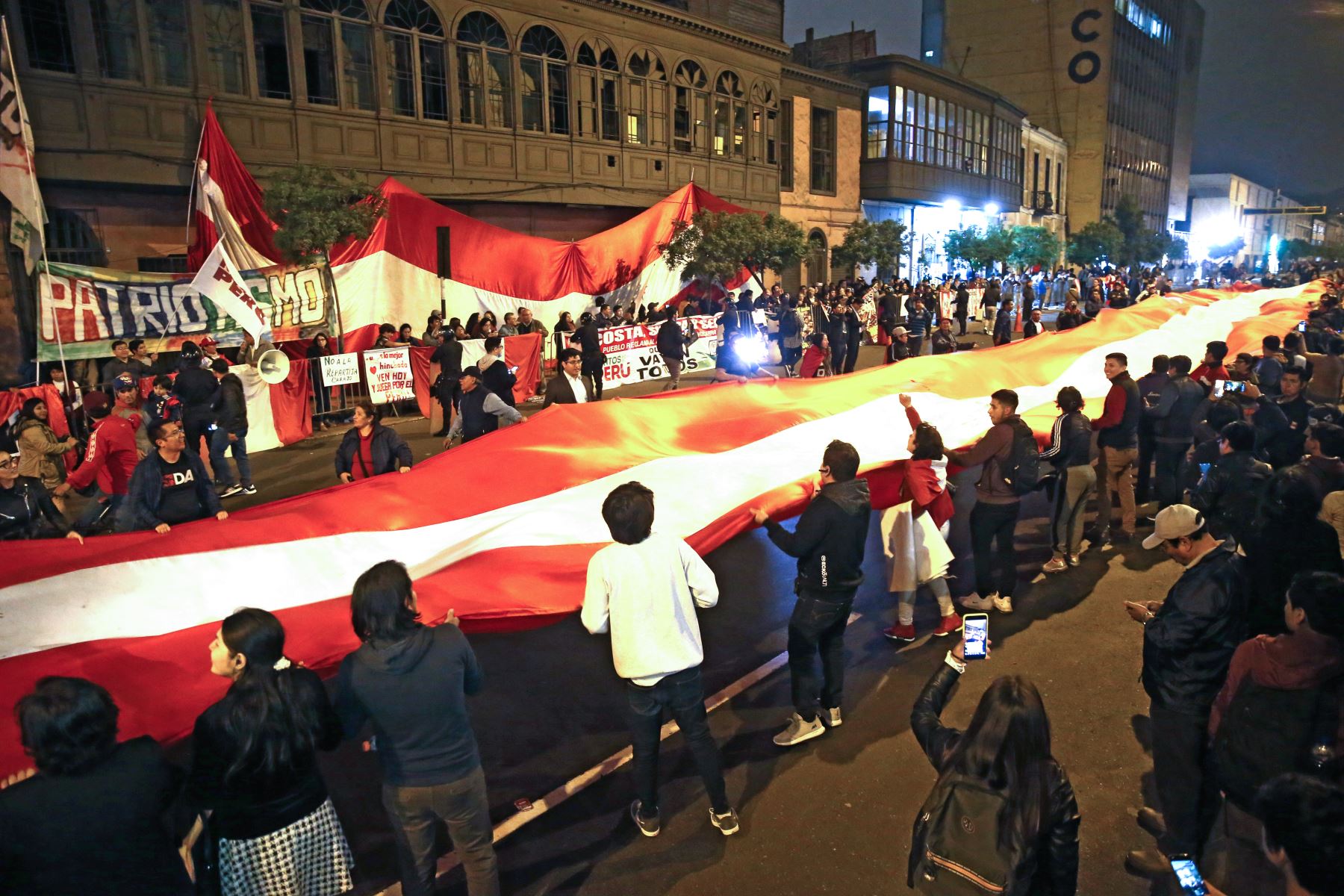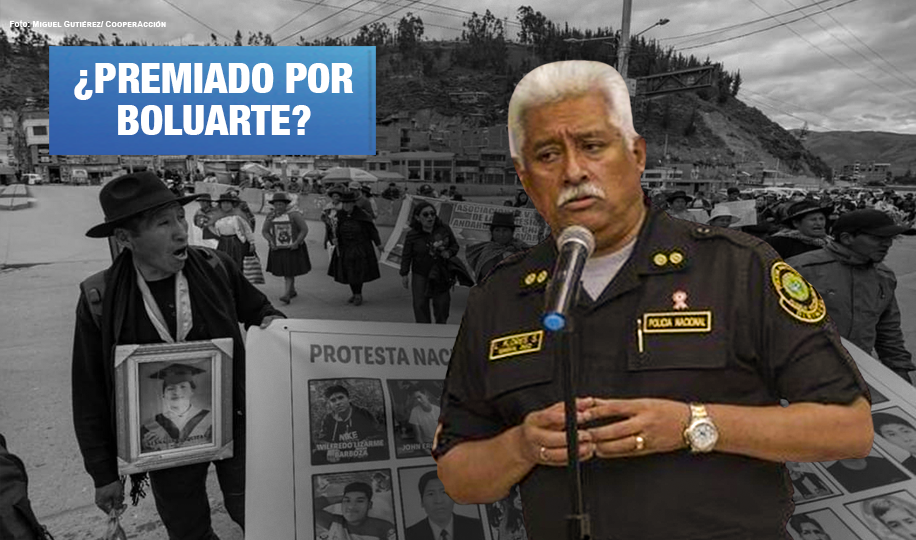
Peru protests: one year later
A year after the height of a protest wave that swept Peru, demanding the resignation of President Dina Boluarte, we finally see an initial step toward justice for the some 50 slain by security forces in the repression unleashed by her regime. Judicial Power, Peru’s justice department, ordered the “preventative detention” of an officer of the National Police, as he is investigated in the slaying of a Cuzco youth last January. On the other hand, there is outrage that Luis Flores Solís, a National Police general and a former agent of the elite Special Intelligence Group, has been named as the new chief of the Counter-Terrorist Directorate (DIRCOTE)—despite the fact that he is under internal investigation by the police force in the killing of protesters in Andahuaylas. Meanwhile, Pedro Castillo, the president whose removal from power and replacement by Boluarte in December 2022 sparked the protest wave, remains imprisoned on pre-trial detention orders. But ex-dictator Alberto Fujimori, who was serving a 25-year term for corruption and human rights abuses, was released last month on order of the Constitutional Tribunal, Peru’s highest court. (Photo: Wayka)



